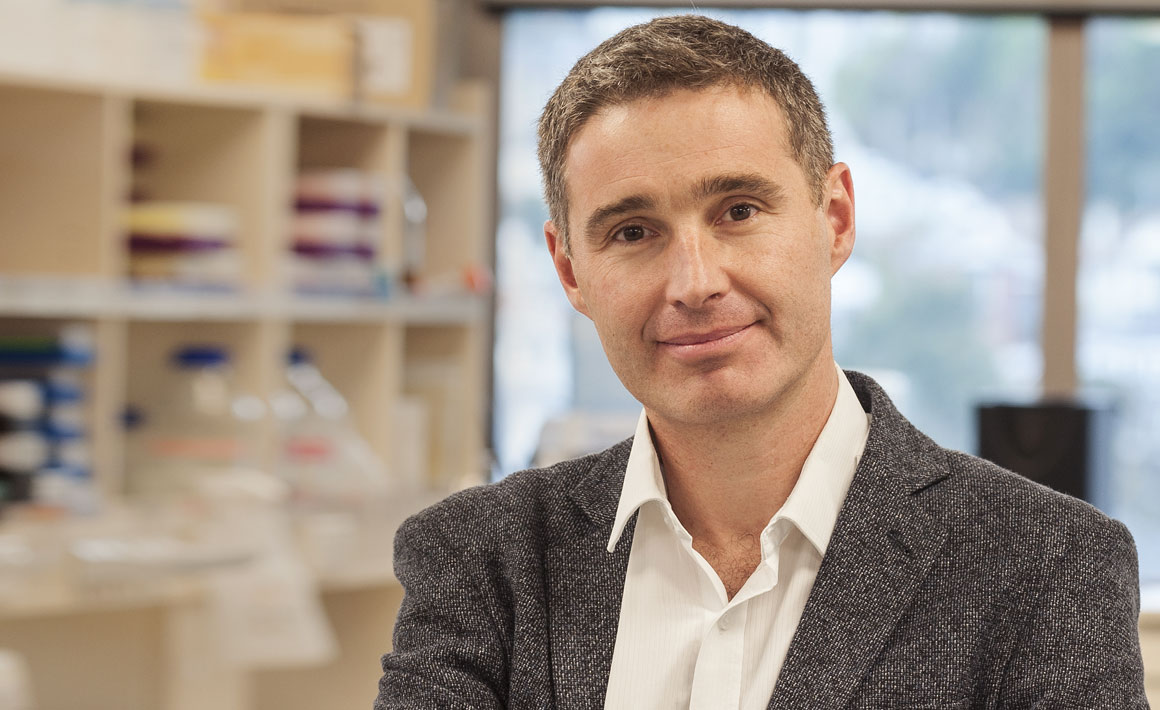 Associate Professor James Ussher: “We're trying to stay one step ahead of the virus by having vaccine candidates that are ready to go…”
Associate Professor James Ussher: “We're trying to stay one step ahead of the virus by having vaccine candidates that are ready to go…”The University of Otago is part of a nationwide alliance to secure a vaccine for New Zealand – Vaccine Alliance Aotearoa New Zealand – Ohu Kaupare Huaketo (VAANZ)– working with a number of research groups, institutions and companies around the country, including the Malaghan Institute of Medical Research, Victoria University of Wellington, AgResearch, Avalia Immunotherapies, ESR and South Pacific Sera.
THREE MAIN CANDIDATES are being pursued, with Professor Miguel Quiñones-Mateu's team leading work on an inactivated viral vaccine candidate. Another is a recombinant spike protein vaccine being developed at Victoria University of Wellington, and the third is a pan-coronavirus vaccine being explored by Avalia Immunotherapies with international collaborators.
Associate Professor James Ussher, who is VAANZ's science director, says Otago is also a key partner in developing a pipeline for evaluating vaccines. The SARS-CoV-2 strains isolated in the University's PC3 lab will be used in a preclinical challenge model and to measure antibody responses following vaccination, to see if they are capable of blocking infection. A strategy is also being developed for second generation vaccines in case the virus mutates and for any future coronaviruses that may emerge.
“We're trying to stay one step ahead of the virus by having vaccine candidates that are ready to go and could just be taken off the shelf and slotted straight into a vaccine development programme,” he says.
Otago support for Pacific nations
Otago researchers have used their expertise and connections to help Pacific nations develop their COVID-19 diagnostic programmes.
This was initiated through the Maurice Wilkins Centre of Research Excellence, which involves a wide range of scientists from around the country, including Otago.
Professor Miguel Quiñones-Mateu and colleague Associate Professor James Ussher (Microbiology and Immunology) have worked together to help Samoa with testing protocols, as well as guidance about the purchase of equipment and reagents.
This allowed them to secure funding, and to purchase what they need to start implementing a COVID-19 testing programme.